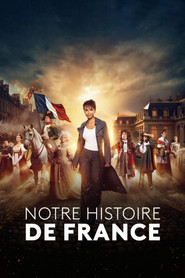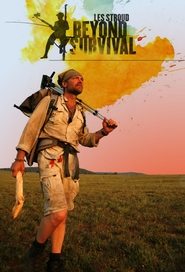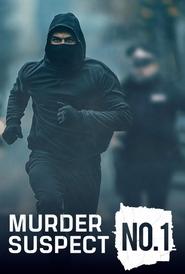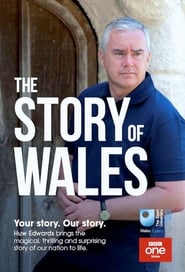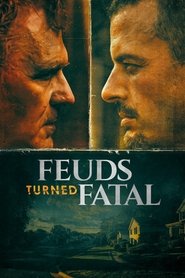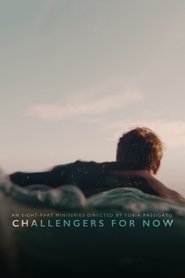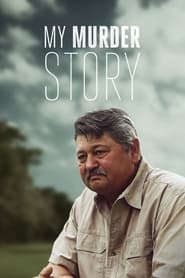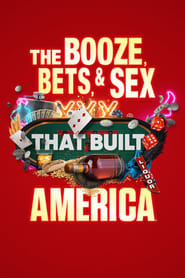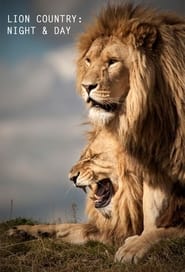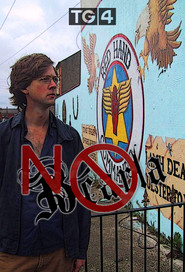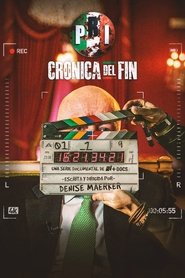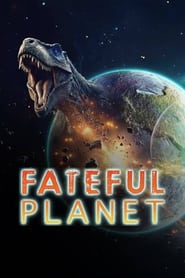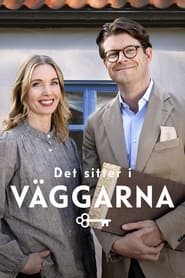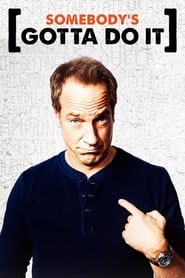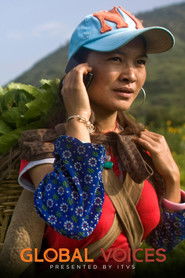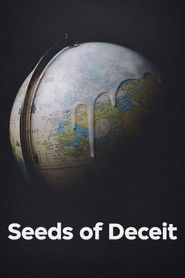Popular Documentary TV Series on Pantaflix - Page 352
-
Les Stroud's Beyond Survival
2010
star 7.8Beyond Survival is a Canadian documentary television show hosted by survival expert Les Stroud. -
Murder: Suspect No.1
2025
Murder: Suspect No.1
2025
star 6Crime documentary following homicide detectives at work as a series of horrific and violent murder investigations unfold. -
The Story of Wales
2012
The Story of Wales
2012
star 4.5Huw Edwards presents a major television history of Wales, showing the country in ways it has never been seen before. -
Feuds Turned Fatal
2024
Feuds Turned Fatal
2024
star 9.3Retaliation and revenge unfold when friendships turn into furious feuds. As each feud escalates, one-time friends, family, and partners go from minor disagreements to murder. People from both sides of the feud tell their story of revenge gone wrong. -
Challengers for Now
2020
Challengers for Now
2020
A challenge without comparison, the oldest trophy in the sporting world. 1000 days, 100 professionals, 1 obsession: winning the America's Cup and win for Italy. -
My Murder Story
2020
My Murder Story
2020
star 7A look at those left in the wake of a murder as they dig for the truth among the unexpected and unnerving secrets of the murdered loved ones. -
The Booze, Bets and Sex That Built America
2022
star 7.5Divulges surprising origin stories of the American alcohol, gambling, sex, and tobacco industries and the ambitiously notorious entrepreneurs who built some of history's biggest fortunes on the nation's cravings. -
Lion Country: Night and Day
2017
star 7.7Lions are the world's most social cats and their family dramas rival anything seen in a TV soap. This series follows two lion prides in extraordinary detail, following them night and day for six months in South Luangwa National Park in Zambia, one of Africa’s last great wildernesses -
Numéros 1
2021
Numéros 1
2021
-
Never Ever Do This at Home
2013
star 6Almost every product, every activity, and every TV-show comes with a warning. Is everything really as dangerous as we are led to believe? We test all the warnings you have ever heard so that YOU don’t have to. -
No Béarla
2007
No Béarla
2007
The title 'No Béarla' means 'No English' in this adventure style documentary. Manchán Magan travels around Ireland trying to see if he can live speaking only in Irish and buying only Irish made goods. -
Follow the food
2019
Follow the food
2019
Follow the Food examines the biggest challenges facing the world food system, from climate change to malnutrition, and looks at some of the solutions to overcome them. -
PRI: Crónica del Fin
2025
PRI: Crónica del Fin
2025
star 9In the past, there was only one path to success in Mexican politics: the path of the PRI. But the PRI is not just a political party; it is the institution that shaped Mexico's public and political behavior. It survived armed uprisings, student movements, economic crises, electoral defeats, and corruption scandals, but it was arrogance, corruption, inconsistency, and abuse of power that ultimately brought it down. -
Schicksalsplanet - Katastrophen der Erdgeschichte
2024
star 8.3This 5-part documentary series reconstructs major events that shaped our world and shows how life evolved—despite apocalyptic catastrophes. -
Somebody's Gotta Do It
2014
star 4.8Mike Rowe visits unique individuals and joins them in their respective undertakings, paying tribute to innovators, do-gooders, entrepreneurs, collectors, fanatics–people who simply have to do it. This show is about passion, purpose, and occasionally, hobbies that get a little out of hand. -
Global Voices
2008
Global Voices
2008
-
Seeds of Deceit
2021
Seeds of Deceit
2021
The revelation in 2017 that the late Dr. Karbaat clandestinely used his own semen to inseminate over 65 of his patients shocked the world. This documentary series is a vivid portrayal of how that happened and how it haunts today those affected: the emotional trauma of coming to terms with a changed, uncertain genetic origin.
 Netflix
Netflix
 Amazon Prime Video
Amazon Prime Video
 Apple iTunes
Apple iTunes
 Apple TV Plus
Apple TV Plus
 Disney Plus
Disney Plus
 Google Play Movies
Google Play Movies
 Paramount Plus
Paramount Plus
 Hulu
Hulu
 HBO Max
HBO Max
 YouTube
YouTube
 fuboTV
fuboTV
 Peacock
Peacock
 Peacock Premium
Peacock Premium
 Amazon Video
Amazon Video
 The Roku Channel
The Roku Channel
 AMC+
AMC+
 Kocowa
Kocowa
 Hoopla
Hoopla
 The CW
The CW
 Vudu
Vudu
 Starz
Starz
 Showtime
Showtime
 PBS
PBS
 Pantaflix
Pantaflix
 FXNow
FXNow
 Tubi TV
Tubi TV
 Kanopy
Kanopy
 Comedy Central
Comedy Central
 Crunchyroll
Crunchyroll
 Microsoft Store
Microsoft Store
 Redbox
Redbox
 Sun Nxt
Sun Nxt
 ABC
ABC
 DIRECTV
DIRECTV
 Crackle
Crackle
 Fandor
Fandor
 Plex
Plex
